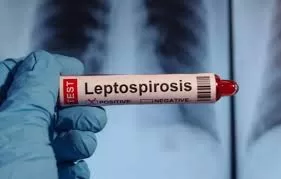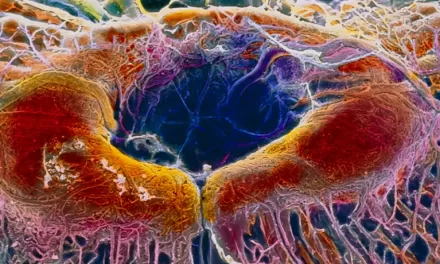Manila, August 14, 2024 — Leptospirosis cases in the Philippines have surged dramatically, with over 2,000 reported cases since the beginning of the year. The sharp increase comes in the wake of severe flooding that inundated Metro Manila and nearby provinces on July 24, exacerbating the spread of the disease.
The Department of Health (DOH) announced on Tuesday that a total of 2,115 leptospirosis cases and 224 deaths have been recorded between January and August 3. The latest epidemiologic data reveals 255 new cases from July 21 to August 3, a 17% rise from the 217 cases reported in the previous two weeks.
DOH spokesperson Assistant Secretary Albert Domingo noted the continued rise in cases, cautioning that the figures could increase further as late reports are received. “The DOH epidemiologists continue to be cautious in interpreting trends as there may be late reports,” Domingo said.
Leptospirosis, a bacterial infection that affects both humans and animals, is typically contracted through direct contact with the urine of infected animals or through exposure to contaminated water or soil. The bacteria enter the body through cuts or abrasions on the skin, or through the mucous membranes of the mouth, nose, and eyes, according to the World Health Organization (WHO).
The incubation period for leptospirosis ranges from two to 30 days, with an average of seven to 14 days. Symptoms can include high fever, headache, chills, muscle aches, vomiting, jaundice, and red eyes. If left untreated, leptospirosis can lead to kidney damage, meningitis, liver failure, respiratory distress, and even death.
The recent flooding, caused by a typhoon and an enhanced southwest monsoon, has left many areas in Metro Manila and other parts of the country submerged in water, creating ideal conditions for the spread of leptospirosis. At least two government hospitals in Metro Manila have reported a significant increase in leptospirosis patients, prompting them to set up additional wards to accommodate those requiring treatment, especially dialysis.
The DOH has urged the public to take precautions, particularly those residing in flood-prone areas. Preventative measures include avoiding wading in floodwaters, wearing protective clothing, and seeking medical attention immediately if symptoms of leptospirosis appear.
As the situation unfolds, the DOH continues to monitor and respond to the rising number of cases, emphasizing the importance of public awareness and prompt medical intervention to prevent further spread of the disease.












